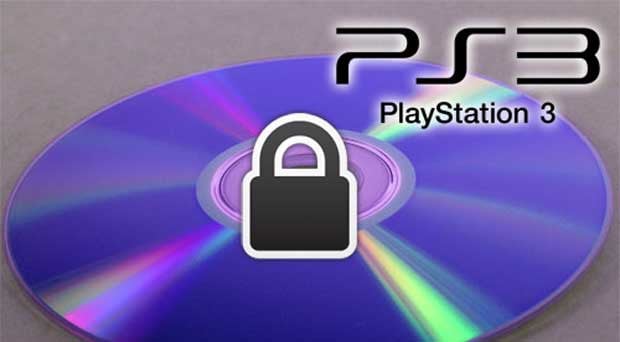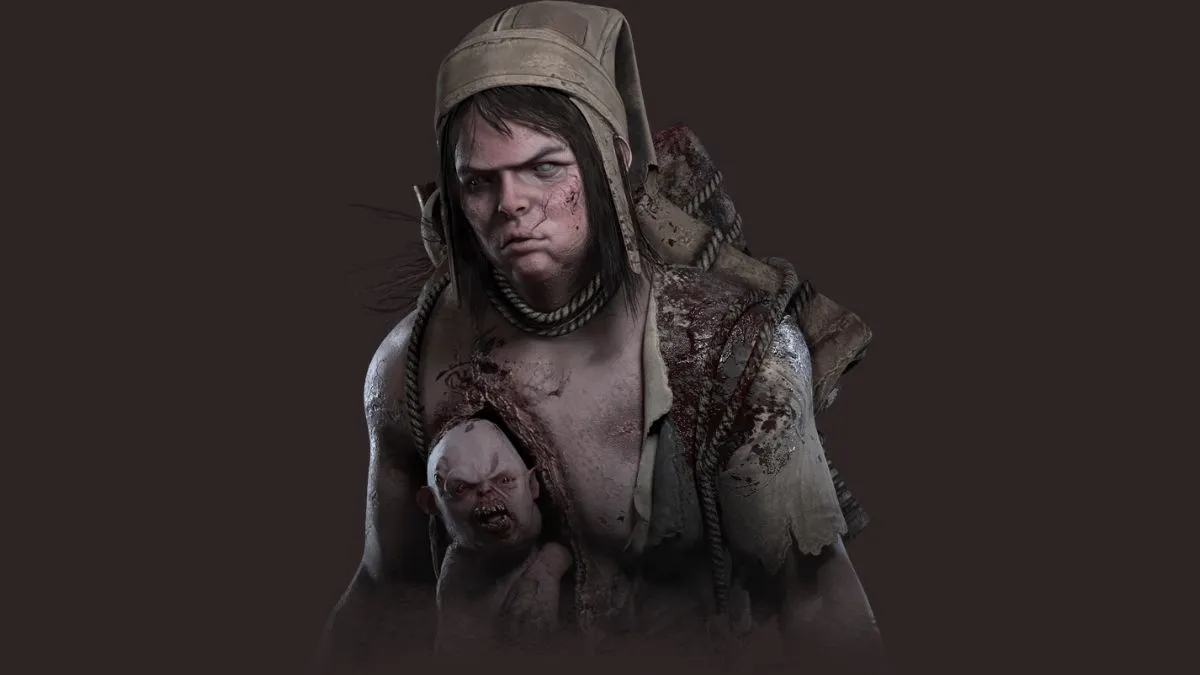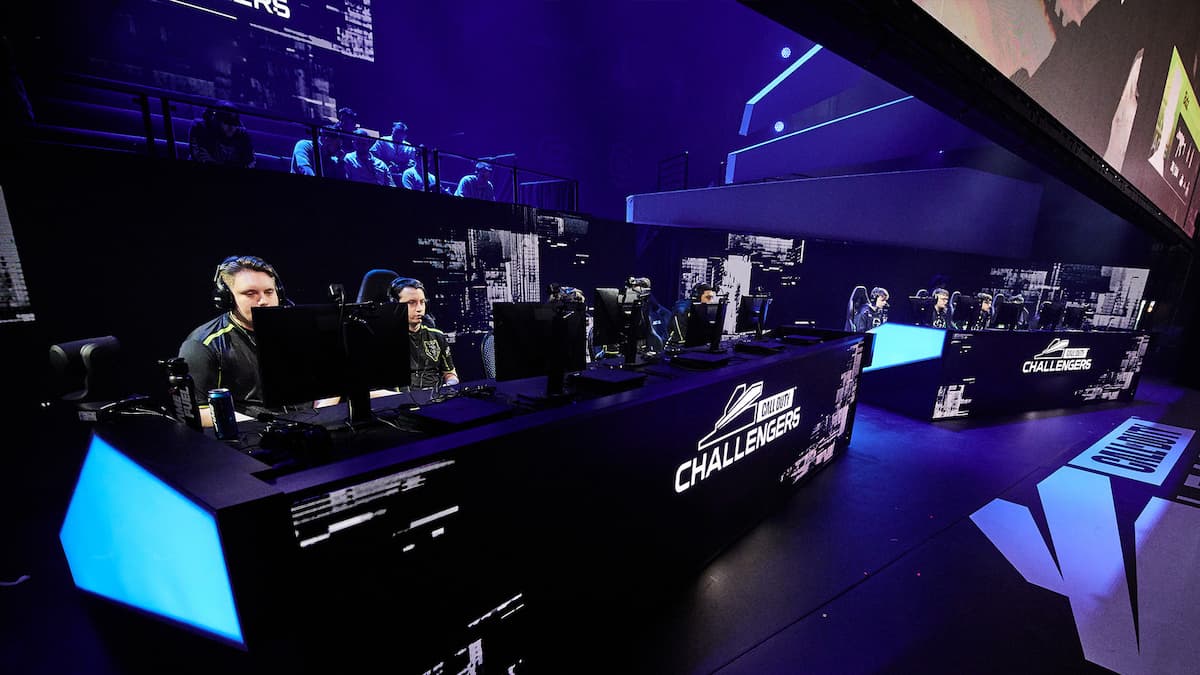[For our first promoted blog for last week’s Digital Distribution topic, pedrovay2003 breaks down, by platform, the reasons he isn’t a fan of non-physical media. Want to see your own blog on the front page? Write a blog for this week’s current topic, Downloadables! — JRo]
I haven’t been shy about showing my feelings for digital distribution on Destructoid. I think that most of the time, it sucks. Digital distribution is killing gaming, and people don’t — and probably won’t — realize that for a long time. Gamers nowadays are spoiled — It’s all about instant gratification, “now, now, now,” like a broken record. No one thinks about the future of the industry, and what will and will not be playable because of things like digital distribution. As long as cool games come out right this very second, that’s all that matters, no matter how “classic” they may have been considered to be in the future. This is, in a word, crap.
As a child of the NES era, I submit that digital distribution will eventually be the end of retro gaming and the backlog. Let’s break this down by console, shall we? I’ve always been a fan of the best-to-worst model…
Sony (PlayStation 3, PlayStation Portable)
The PS3 had a very rocky start, with a huge price tag and a disappointing lineup of launch titles. The system did, however, pick up in the coming years, and is now pretty much on par with the Xbox 360, its direct competitor. However, the two systems have vastly different downloadable games/content management. Sony’s solution is, in my opinion, the better of the two.
When you download anything on the PS3 or PSP, it’s logged in a gigantic list of every download you’ve ever so much as started. Downloadable content can then be downloaded onto a maximum of five different consoles through that same PSN ID. This is fantastic, considering fickle electronics can die at any moment. However, there’s a glaring problem here: Unlike the 360 and the Wii, downloaded PS3 content absolutely cannot be transferred to external media for easy transportation, and neither can your PSN ID. Whenever you want to get your stuff on a different physical console, you are required to connect to the Internet and redownload everything
Right now, this won’t be a problem for most people, the keywords being “right” and “now.” What happens years from now when the PlayStation Network — and every other online service, for that matter — either goes away for good or evolves into something completely different than what we have today? Do you really think the PSN of the PS3 is going to be compatible with the PSN of the PS9? I sincerely doubt it. What will you do when you get together with friends to start talking about all the epic games from the glory days, but you can’t go back to play what you missed? No physical media means a possibility of no replay value in the future at all. At least with the 360 and the Wii, you can copy your games to an external hard drive or SD card. (There are problems involved there, too, though, which I’ll outline in a minute.) With the PS3, you’re Internet connection is what pretty much determines how often you’ll get to play your games. That’s pretty unnerving, as far as I’m concerned.

Microsoft (Xbox 360)
I wish I could find the blog from the Destructoid user who had such a big problem with the Xbox 360’s download service. See, when you download something to the 360, the content not only registers to your Gamertag, but to your actual, physical console as well. What this means is that if you take your hard drive, flash drive, etc. with your content on it and bring everything to a friend’s house, you can’t access anything unless you’re — once again — online and logged in. Yet again, an active Internet connection is required to access the games you’ve already purchased. It’s possible to transfer the licenses of your games from one console to the other, but that requires the console to be new (whatever that means), and can only be done every 121 days. So now you’re actually being limited in terms of where you’re allowed to bring your own games!
Normally this wouldn’t be too terrible of a thing (presently, at least), but I think we all remember what the original model of the 360 was famous for. That console broke down for no reason so often that people were probably going through hell trying to figure out what was going on with their downloaded games when their new consoles arrived in the mail on a weekly basis. I don’t understand how this was an issue — Gamertags can be stored on external devices. Games and DLC can be stored on external devices. Yet you need a computer and a license transfer tool to be able to play your games when your console kicks the bucket? What happens when the 360 isn’t supported anymore, or when this transfer tool becomes outdated to a point that it’s not even usable with future hardware anymore? Sure, we can all assume that Microsoft has a plan already in motion to prevent problems from happening, but unless I can see it, then I don’t believe it. Call me cynical, but gaming companies have given me reason to feel that way dozens of times this generation.

Nintendo (Wii, DSi, 3DS)
Oh, boy, here we go. Nintendo. I grew up with them, I love them, and I’m a huge fan of the Wii. But Mother of Mario, this company has no idea how anything related to the Internet works, downloadable content least of all.
When you download a game or DLC pack to the Wii, DSi or 3DS, it’s not registered to an account, profile or any other method of solid identification. The content is registered to the system. Period. End of explanation. I’m going to repeat that, just in case you haven’t figured the problem out yet:
The content is registered to the system.
Do you know what this means, what’s been confirmed by a bunch of gamers so far? If your system dies, or if the internal storage gets erased, or if something just happens to go wrong in any way, shape or form, your content is gone forever. It’s just GONE. Even if you put everything on an SD card, if your memory is formatted, NOTHING on the card will work ever again. You will be forced to not only redownload everything, but you’ll also have to rebuy it — That’s right, you’re actually forced to pay for every one of your digital items a second time. No, I’m not making this up.
I thought Nintendo would have fixed this obvious problem with the 3DS, but they didn’t — They’ve already confirmed that 3DS downloads are linked to the system, and only some of them can be transferred. Not only that, but the ones that can be transferred have a limit attached to them, and I believe you even need to have two handhelds in the same place at the same time, which is unrealistic in most situations.
I don’t think I really need to go into why this is bad for the future of gaming — If you so much as hiccup you could lose everything, and this is actually a concern right now, let alone in the near or far future. I have absolutely no confidence that I’ll be able to play downloaded Nintendo games in the future, and for that reason, I bought the Wii version of Super Mario All-Stars despite owning all the original games on the Virtual Console.

What about PC gaming?
Gaming on a PC is a bit of a mixed bag — You’ve got retail games, digital games, retail games that require digital registration, DRM concerns, etc. etc. There’s a lot to think about when gaming on a PC, but I think digital distribution is a bit better on the PC than on consoles. For this blog, I’ll concentrate on Steam, since it’s the most popular form of digital distribution on PCs.
With Steam, you have an account, all of your games are saved to your digital library, they can be downloaded any time you want on as many machines as you want to put them on, and you can play them offline (unless they have external DRM attached to them, a la Ubisoft). Sounds pretty awesome, and actually, it is. The problem with Steam, however, is when the Internet isn’t available.
There are quite a few games that are sold on retail discs that actually require Steam to install and play them, effectively making the disc useless after it’s “converted” into a digital copy using an infamous single-use serial number (Games for Windows Live is all about this, too). People in the military who are stationed overseas, for example, don’t always have the luxury of being able to get online to activate games, let alone download huge files and updates. This may be more of a DRM issue, but it’s also the way Steam and other digital services are built — Retail discs become useless after they’re registered online. If you don’t have the Internet available to you, you can’t even install Steam games, so you’d better live in a country where you can get cheap, constant Internet if you want to play them. However, Steam does a good job of making sure we’ll be able to access our games in the future, and Valve has even stated that if they go under for some reason, Steam will be patched to allow all games to be played at all times, regardless of Internet connection, DRM, etc.
Now, there’s still one service that is, in my opinion, far better than Steam: It’s a little website known as Good Old Games. This site offers completely DRM-free digital copies of older games (and the occasional newer game, like The Witcher 2, which is made by the same company that started GOG). Not only is this good for people like me who hate DRM, but it’s also great because you only need an Internet connection one time, and you can install that setup file on any number of computers. It’s essentially the opposite of retail games that go into your digital Steam library — You download a game from GOG and you can burn it to a disc, effectively turning a digital game into a “retail” game on physical media. In my opinion, this is the one and only surefire way of making sure we’ll be able to play our digital downloads in the future.
I won’t even get into other PC digital distribution services — There are way too many to outline, some bad and some decent. I guess all I can say about them is to make sure you know what the future plans of companies are before you spend a bunch of money on something that you don’t have a physical copy of, or something that turns digital after you buy it.
There are also two issues with digital distribution in general, no matter what your platform of choice is. The first one is the fact that once you buy something digital, it’s yours forever. You can’t sell, trade or even lend a game to anyone — It usually stays tied to your account, and only you have access to it. Some services are a bit different, like Good Old Games, detailed above. But giving GOG games to friends when you’re done with them pretty much ends up converting itself into piracy, since no one in their right mind would give anyone a setup file and then actually delete that file off their own computers. Everyone would be just making copies of games and giving them away for free. I love GOG and I hate DRM, but I still have no idea how that website actually makes money.
Another issue with digital distribution in general is how companies just seem to like randomly taking games down. Remember the Turtles in Time: Reshelled debacle that happened recently? People kept asking why so many complaints were coming in that the game was removed from the PS Store and Xbox LIVE Arcade since it was panned by critics, but they completely missed the point. If I were to plug my SNES into my TV right now and pop a cartridge in (oh, say, Turtles in Time), it would run without a problem, albeit probably needing to be washed inside and out first. How will you be able to play digital games you missed out on in the future? Bandwidth and storage space costs money, and that’s not something that all companies will be willing to deal with for the rest of the gaming industry’s lifespan. If you don’t download a game on the PSN to get it into your list of past downloads, you’re SOL when you want to go back and play something you missed. This completely destroys any chance of going back and reliving childhood memories, or just getting to revisit an epic game that left a huge impression on you years ago. Cartridges, discs and other physical media, however, absolutely guarantee that you’ll be able to play these games for years and years as long as you have a working machine to play them on.
Digital distribution may be fine as a method of adding content to existing disc-based games, but I don’t like what the future holds in terms of full games going completely digital without any retail counterparts. Call me an old codger, call me stuck in the past, call me what you will — But I stand by my belief that we won’t be able to revisit our libraries in the future. The only way we’ll be able to play our old games is through hacking, like the Homebrew Channel on the Wii, or cracking games, like on the PC. The fact that we can do these things is nice, but the fact that we may end up relying on them, not so much.
And that, my friends, is what scares me most of all about gaming.




